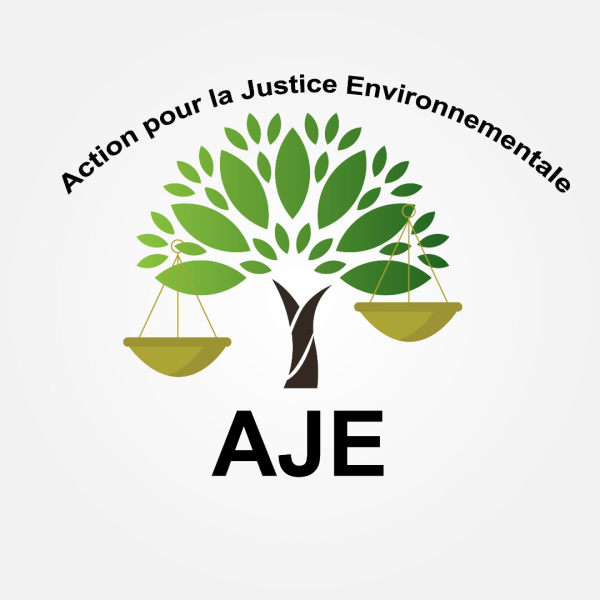
Raising the voice of rural women for climate justice
Women in rural areas, and more specifically in coastal areas affected by climate change, are real vectors of development. They are active in all sectors of the local economy and most of the income they generate is used to maintain their households and children.

Overview of the project
“Raising the voice of rural women for climate justice” is a project of AJE under its Women and Climate Change thematic programme. This thematic programme is part of the pursuit of the Sustainable Development Goals (SDG 13, SDG 5, SDG 10, SDG 14), the Emerging Senegal Plan and the Poverty Reduction Strategy Paper. It comes in a context where the perverse effects of climate change are undoubtedly affecting the livelihoods of rural women, especially those living in coastal areas. This situation creates real environmental inequalities in access to natural and coastal resources. Rural women, especially those living in coastal areas, who are victims of climate change, are real vectors of development. They are active in all sectors of the local economy and most of the income they generate is used to support their households and children. Despite all these efforts, the negative impact of climate change in coastal areas remains difficult to overcome. Thus the ecosystemic potential of these areas is altered by the phenomenon of erosion, the advance of the sea, the scarcity of resources, urbanisation, deprivation and the rapid industrialisation of fish processing sites (cf. case of Bargny, where more than 1,000 women risk losing their fish processing site, case of Cayar with the presence of fish meal industries, case of Saint-Louis with the rise in sea level).
Making the voices of communities suffering from climate injustice heard.
Ongoing research
Project still in progress
A l’issue de la mise en œuvre des activités du premier trimestre de l’initiative, les résultats ci- après sont atteints :
- 20 jeunes filles (Lead Climat) maîtrisent dorénavant la problématique de la justice climatique
- 20 jeunes filles (Lead Climat) sont des relais communautaires pour organiser des séances d’animation
- 518 femmes du monde rural sont sensibilisées sur des thématiques relatives à la justice climatique
- Les femmes élaborent leur propre déclaration « Déclaration de Palmarin » et la dissémine auprès des autorités
- 22 messages clés produits par les femmes impactées pour alimenter la campagne digitale
- Des jeunes filles « Lead Climat » sont formés sur les enjeux de la justice climatique
- Le débat sur les enjeux climatiques est suscité en milieu rural à partir de l’organisation avec des séance d’animation communautaire
- Le processus de mise en place d’une plateforme des femmes rurales est amorcé pour la promotion de la justice climatique
- Les cibles ont identifié des messages clés pour continuer à alimenter la campagne digitale autour de la justice climatique
Thanks to a partnership with Oxfam Quebec.
organisation

AJE works in 3 departments, namely:
- Gender and Climate Change,
- Environmental and Climate Litigation and
- Conservation and Energy Transition.
The association does community mobilisation with victims of climate change to raise awareness on climate change and climate justice with women impacted by coastal erosion. In the litigation department it has had to conduct litigation projects in the Senegalese jurisdiction, the most recent being the downgrading of the Guédiawaye filaos strip. The association also organises activities and discussion sessions on the energy transition.
We are open to other partners, we work with technical services and local communities.




